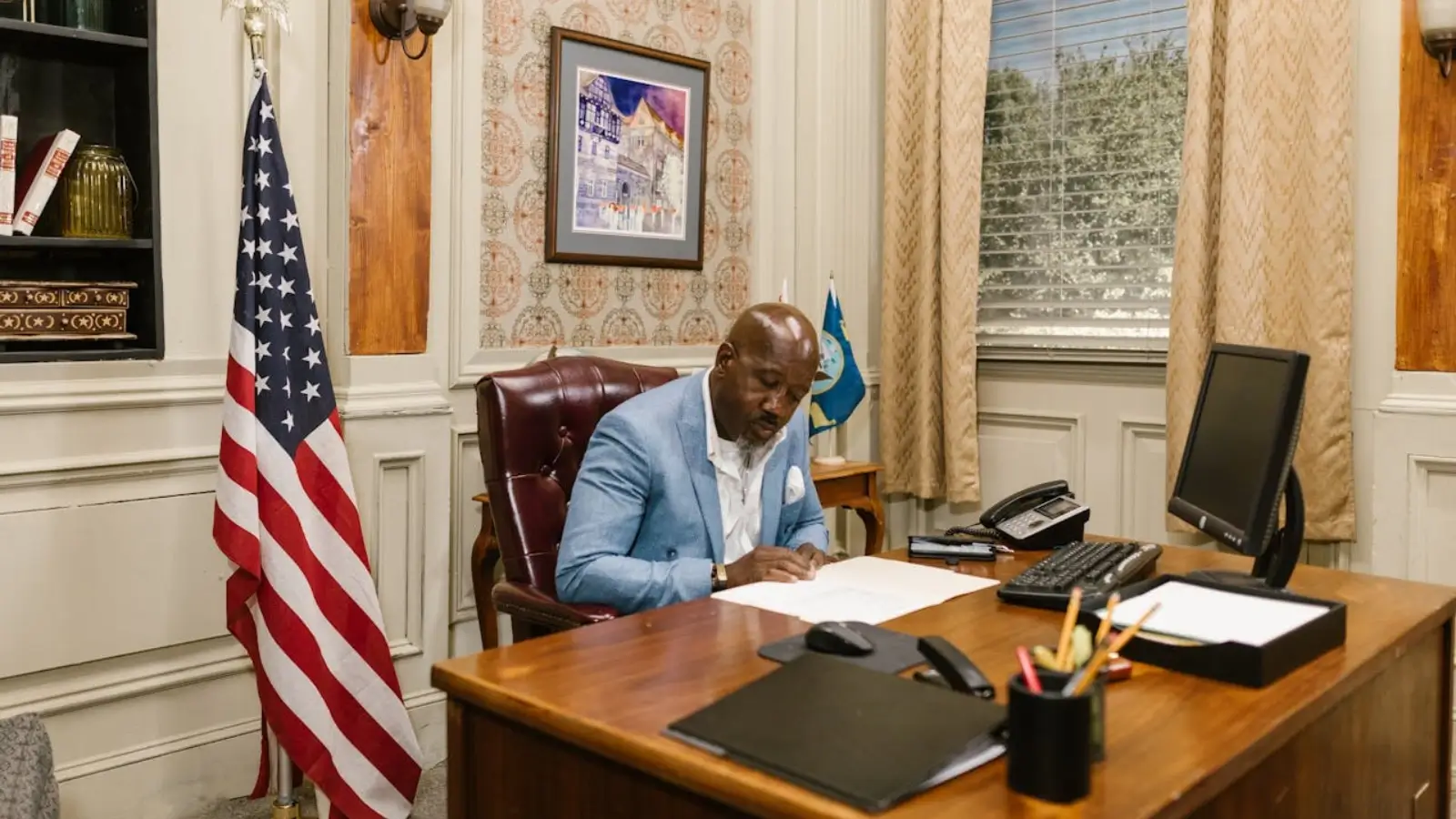Domestic violence claims can significantly influence divorce proceedings, child custody decisions, and the division of property in California. The parent accused of abusive behavior is unlikely to receive custody, although visitation may still be allowed under supervision or specific conditions. These allegations often shape how courts assess the best interests of the child and factor into the overall resolution of the case.
In divorce cases, accusations of violence may affect the distribution of assets and the court’s willingness to grant certain protections to the victim spouse. The legal system prioritizes safety and may issue restraining orders or other measures to protect those involved. Those facing such charges should get legal protection fast to safeguard their rights and freedom. Qualified Rosemead domestic violence attorneys can provide support through both the criminal and family court systems.
Impact of Domestic Violence Allegations on Divorce Proceedings
Allegations of domestic violence can significantly shape the course of ending a marriage in California. These claims affect how the case proceeds, influence financial settlements, and determine support obligations.
Role of Domestic Violence in No-Fault Divorce
California law permits dissolving a marriage without proving wrongdoing by either party. Despite this, claims of abuse may still factor into the process.
While abuse allegations do not prevent a no-fault divorce, they can affect court decisions on related matters like custody or support. A family law attorney often advises clients to document any abusive behavior, as courts consider the safety and well-being of each spouse when reviewing divorce requests.
Allegations may delay hearings if protection orders or investigations are involved. However, the divorce itself generally proceeds based on separation criteria rather than the accusations. This distinction is important for those accused, as the abuse claim does not automatically determine fault in the marital dissolution.
Asset Division and Domestic Abuse Allegations
Financial distribution after a split commonly requires transparency and fairness under California law's community property rules. Yet, accusations against an abusive partner can influence how assets are handled.
If one spouse wasted or hid shared assets due to abusive conduct, the court might financially penalize that individual. Proving this may require detailed financial analysis and testimony. This behavior could lead to an unequal division favoring the victim spouse.
However, mere allegations without evidence usually do not alter the baseline equal division. The presence of a family law attorney skilled in these cases benefits those affected, especially when misappropriation of property or dissipation linked to abuse is documented.
Spousal Support and Alimony Implications
In deciding maintenance payments, courts review several factors including the length of marriage, payor’s ability to pay, and the recipient’s needs. Abuse allegations may hold weight in these judgments.
An abusive party may face reduced chances of receiving spousal support or could owe additional payments if the court determines the misconduct harmed the other spouse’s financial standing or safety. This approach reflects consideration of the domestic harm's impact beyond physical injury.
Legal counsel helps clarify how substantiated abuse changes the amount or duration of support. Courts prioritize fair outcomes that address both financial independence and protection from continued harm by the former partner.
Effects of Domestic Violence Allegations on Child Custody and Visitation
Allegations of domestic abuse significantly impact decisions related to child care arrangements, visitation privileges, and parental responsibilities. Courts prioritize the safety and emotional well-being of the child, shaping custody outcomes and visitation conditions based on the nature and evidence of these claims.
Best Interests of the Children and Custody Decisions
Judges focus on the child's safety, stability, and emotional health when determining caregiving arrangements. If a parent is found responsible for abusive behavior, the court often limits their decision-making authority or physical custody to protect the child.
Factors influencing custody rulings include the severity of the abuse, history of violence, and the parent's willingness to seek treatment or comply with court orders. The child's exposure to harmful environments may lead to sole custody being awarded to the non-offending parent. The child's needs and safety take precedence over parental rights.
Restraining Orders and Protective Measures
Protective directives can be established to prevent the alleged abuser from contacting or coming near the child and the other parent. These orders influence custody schedules by restricting physical proximity or communication between the parties involved.
A domestic violence protective mandate may prohibit one parent from having unsupervised time with the child. Violating these orders can result in criminal penalties and affect custody negotiations. Courts often require clear documentation and evidence before issuing such measures.
Supervised Visitation and Visitations Rights of Abusive Parents
When abuse is confirmed or strongly suspected, courts may allow visitation only under supervision to ensure the child's security during contact with the accused parent. Supervised visits usually occur in neutral locations or with a third party present.
Supervision can be mandated by the court or agreed upon by both parents. The frequency and duration of visits may be limited depending on the risk posed by the parent with a history of violence. Such arrangements seek to balance parental involvement with child protection.
False Accusations and Their Consequences in Custody Disputes
Falsified claims of abuse can complicate caregiving disagreements. Courts carefully assess evidence before restricting parental rights due to the serious impacts on family relationships and parental bonds.
If allegations are disproven, the accused parent's custody and visitation rights may be fully restored. However, even unverified accusations can delay proceedings and create mistrust. Legal consequences may arise for parties who intentionally submit false claims to influence the caregiving conflict.

















